BDSM Gags Compared: Ball vs. Bit vs. O-Ring vs. Panel (Fit, Breathability, Safety)
Consent-first • Evidence-based • Beginner Friendly
BDSM Gags Compared: Ball vs. Bit vs. O-Ring vs. Panel (Fit, Breathability, Safety)
By Jacques Dupont-Smith • Updated September 29, 2025
Choosing a gag should never be guesswork. This guide compares ball gags vs O-ring gags, bit gags, and panel gags—with straightforward advice on breathability, jaw comfort, strap security, and cleaning—so you can play safer and communicate clearly.
Quick answer: BDSM gags differ by breathability, jaw strain, and communication. Ball gags give a classic feel, O-ring keep the mouth open, bit reduce jaw fatigue, and panel add restraint and aesthetics. Choose soft, body-safe materials and always use a non-verbal safe signal.
Key Takeaways
- Set consent and signals first: green / yellow / red, plus tap or squeeze codes.
- Match gag type to goal: ball = classic feel, O-ring = access, bit = comfort, panel = firm hold & look.
- Prioritize body-safe silicone and well-finished leather gag straps for durability.
- Size properly (inches with cm in parentheses) and test jaw range before scenes.
- Clean with mouth-safe methods; store dry and separate from porous materials.
Publisher: The Dildo Hub — privacy-first, consent-first education
Education content. Not medical or legal advice. Play within your limits, stay sober, and prioritize aftercare.
Whether you want a beginner gag that’s forgiving or a firm, photo-ready silhouette, you’ll learn how to balance comfort, control, and communication—and exactly how to pick and maintain a breathable gag that suits your play style.
What a Gag Does (and Doesn’t) Do: Consent, Signals, and Safety
A gag restricts speech, not breathing. Your baseline is simple: breathing must remain clear through the nose, posture should allow airway neutrality, and non-verbal signals must be in place before the gag goes in.
- Consent & negotiation: name desires, limits, and health notes (e.g., TMJ, deviated septum).
- Signals: tap counts, squeeze codes, or an object drop. Practice with the gag on at low intensity.
- Positioning: neutral neck, no compression of the throat, avoid back-lying if congested.
- Time limits: set timers; pause to check jaw comfort and saliva levels.
Types of Gags: Pros, Cons, Who They Fit
Ball Gags (sizes, vented balls)
Ball gags are the classic choice in “bdsm gags compared” lists. They create strong silence signals and a distinctive feel. Beginners can choose smaller diameters (1.4–1.6 in / 3.6–4.1 cm) or vented balls that slightly improve airflow and reduce drool overload. Larger balls increase jaw stretch and intensity.
- Best for: classic look/feel, drool play, photo aesthetics.
- Watch for: jaw fatigue; increase size gradually.
O-Ring Gags (access, drool control)
O-ring gags keep the mouth open, allowing access for oral scenes or breathy vocalizations. Breathability is typically higher than a solid ball, but jaw placement is static; choose ring diameters that don’t force overstretch (1.5–2.0 in / 3.8–5.1 cm common).
- Best for: mouth access, higher breathability, playful mess.
- Watch for: drool management; use towels and planned breaks.
Bit Gags (jaw comfort)
Bit gags sit between the molars like a horse bit, spreading pressure across the bite rather than forcing a vertical stretch. Silicone bits are kinder to teeth and reduce jaw strain, making them a strong beginner gag option.
- Best for: long wear, TMJ-prone players, clearer nasal breathing.
- Watch for: bite force; prefer silicone over hard rubber for teeth safety.
Panel Gags (aesthetics, pressure distribution)
Panel gags combine a mouthpiece (often a ball) with a flat, leather-covered panel that distributes strap pressure across the lips and cheeks. They look formidable, feel secure, and reduce strap digging. Airflow is like a ball gag unless the mouthpiece is vented.
- Best for: firm restraint feel, sleek photo-ready aesthetics.
- Watch for: heat build-up under the panel; schedule cool-downs.
Materials & Fit
Silicone vs. Rubber vs. Leather (contact points, allergies)
Silicone mouthpieces are body-safe, non-porous, and tooth-friendly—the default recommendation for a silicone gag. Rubber can be firmer and may carry odors; skip if sensitive. Leather panels/straps are durable and elegant; ensure smooth edges and finished dye to avoid irritation.
Straps & Buckles (security vs. quick release)
Buckle straps feel secure and photo-clean; add a keeper loop to manage excess. Quick-release or side-release hardware helps in beginner scenes. Lockable buckles add mind-game security—keep a spare key nearby.
Sizing & Comfort (measurements in inches + cm)
-
Measure comfortable jaw open
Place two clean fingers vertically between teeth; note the width (aim ~1.4–1.6 in / 3.6–4.1 cm for first ball gags).
-
Pick the mouthpiece style
Need breathability or access? Choose an O-ring; need comfort? Choose a bit; want classic intensity? Choose a ball; want firm look? Choose panel.
-
Check strap range
Measure head circumference at mouth level; confirm strap holes cover that range with a 1–2 in (2.5–5 cm) buffer.
-
Test in short intervals
Wear for 2–3 minutes, remove, assess jaw fatigue; increase slowly to 10–15 minutes with check-ins.
-
Set signals
Use squeeze/tap codes or an object drop; review before insertion every time.
Units: list diameters in inches with cm in parentheses. If you include widths, add circumference where relevant.
Cleaning & Storage (mouth-safe hygiene)
-
Detach components
Remove silicone mouthpieces from leather straps when possible.
-
Wash mouthpieces
Clean silicone with warm water and mild, fragrance-free soap; rinse thoroughly. Boil silicone (not leather) for 1-2 minutes if deeper clean is desired.
-
Wipe straps
Use a damp cloth on leather; apply leather balm sparingly; avoid soaking hardware.
-
Air-dry completely
Dry on a clean rack; reassemble only when all parts are fully dry to prevent mildew.
-
Store safely
Keep in a breathable pouch; separate silicone from unfinished dyes. Inspect before next use.
Comparison Table (features, breathability, skill level)
| Type | Breathability | Jaw Strain | Skill Level | Best For | Notes |
|---|---|---|---|---|---|
| Ball | Low–Med | Med–High (size-dependent) | Beginner+ | Classic feel, strong silence | Start at 1.4–1.6 in (3.6–4.1 cm); vented options ease airflow. |
| O-Ring | High | Med | Intermediate | Mouth access, messy play | Choose ring sizes that don’t force overstretch; towel management. |
| Bit | Med | Low–Med | Beginner | Comfort & longer wear | Silicone is tooth-friendlier than hard rubber. |
| Panel | Low | Med | Intermediate | Secure, photo-ready look | Distributes strap pressure; monitor heat under panel. |
Top Picks by Scenario
- Beginner Comfort — Silicone bit gag with wide, quick-release strap; reduced jaw fatigue.
- Long-Wear — Vented silicone ball gag ~1.6 in (4.1 cm) with smooth-finished leather strap.
- Drool Play — O-ring gag 1.8–2.0 in (4.6–5.1 cm) ring; plan towels and timed breaks.
- Photo-Ready — Panel gag with stitched edges and keeper loop for clean silhouette.
Units: list length in inches with cm in parentheses; if you include widths, add circumference where applicable.
Frequently Asked Questions
Which gag is best for beginners?
A silicone bit gag or a small, vented ball gag offers balance between sensation and comfort, with clearer nasal breathing.
Is an O-ring gag safer because it’s “breathable”?
It can improve airflow, but it’s not a guarantee. Always rely on nasal breathing, upright posture, and pre-agreed non-verbal signals.
What size ball gag should I start with?
Start around 1.4–1.6 in (3.6–4.1 cm) and progress slowly as comfort allows. Avoid sudden jumps in diameter.
How do I clean a gag without damaging leather straps?
Detach the mouthpiece. Wash silicone with mild soap and warm water; wipe leather straps with a damp cloth and condition lightly. Air-dry fully before reassembly.
Can I wear a gag with TMJ issues?
Consider a bit gag for lower strain, keep sessions short with frequent breaks, and stop at the first sign of joint pain.
About the Author
Jacques Dupont-Smith is The Dildo Hub’s bondage expert. He teaches negotiation, anatomy-aware safety, and aftercare planning so beginners build trust and confidence, from ball gags and bit gags to O-ring and panel styles.
References
Further reading on consent frameworks, beginner safety, and aftercare checklists from reputable education sources.
- Consent & communication primers for intimate contexts.
- Risk-aware kink overviews and first-aid basics.
- Hygiene and toy-care guidelines for mouth-contact items.


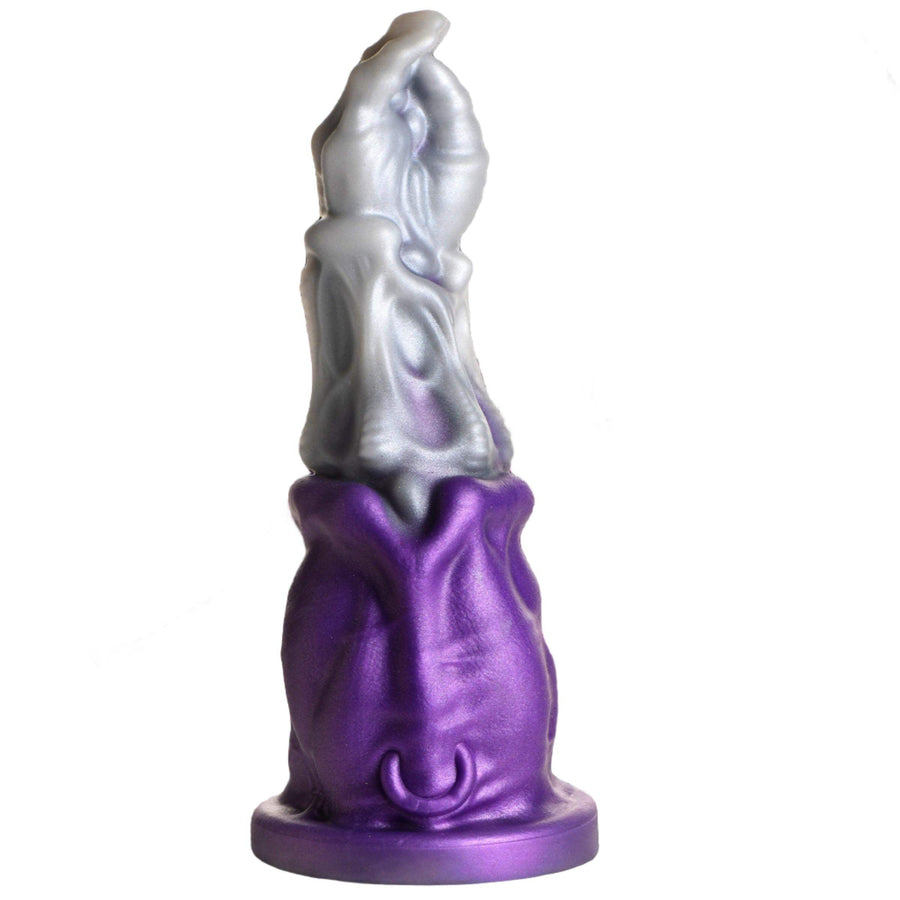

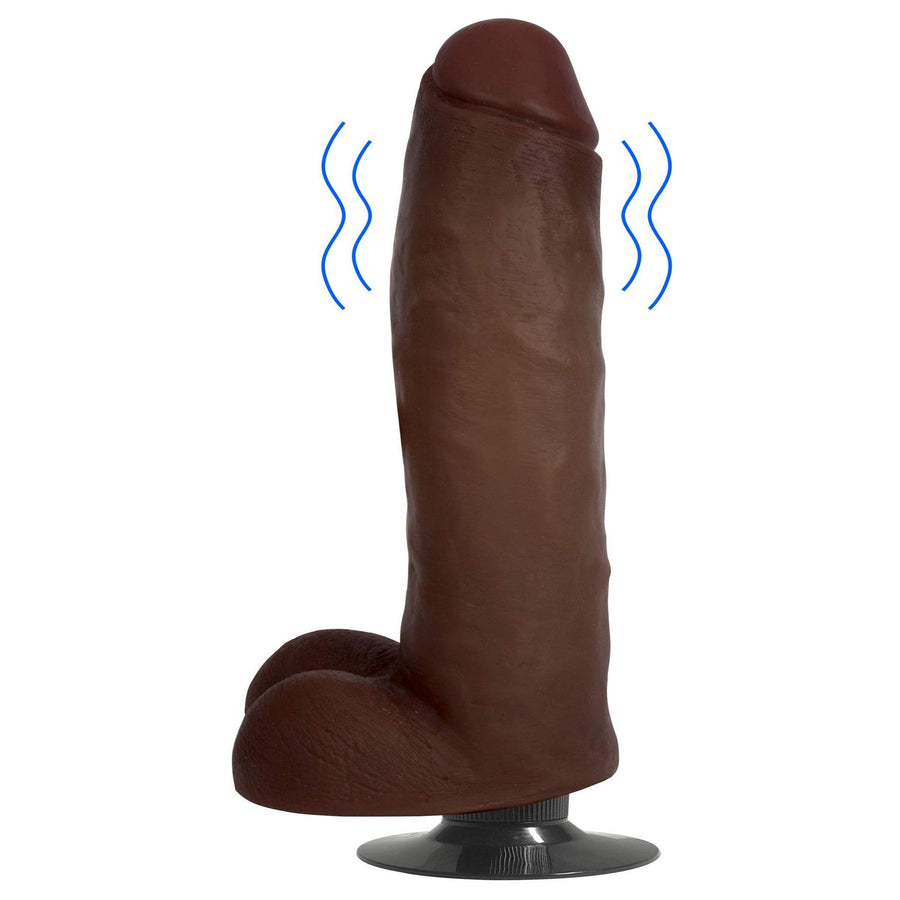

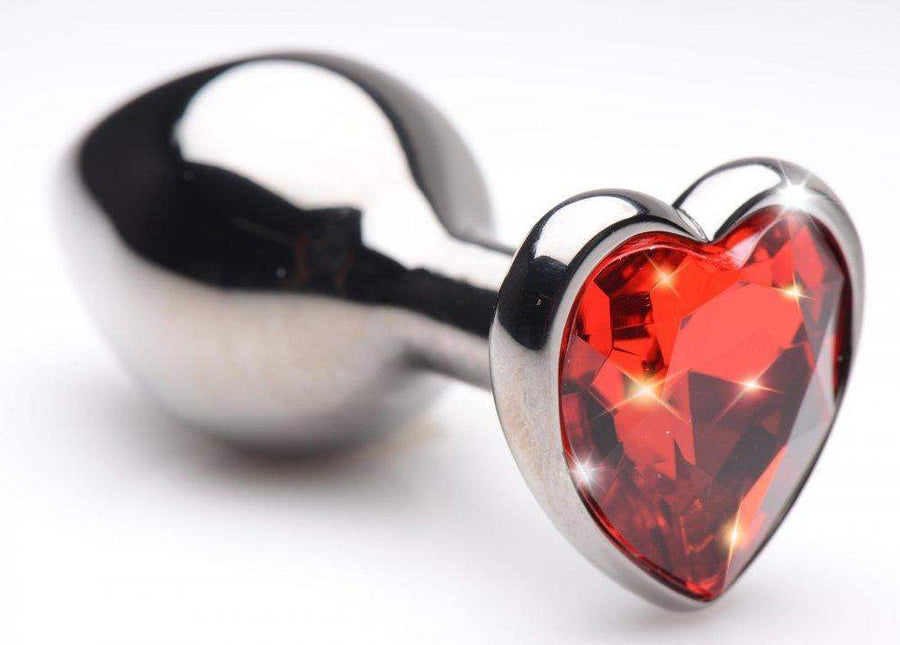
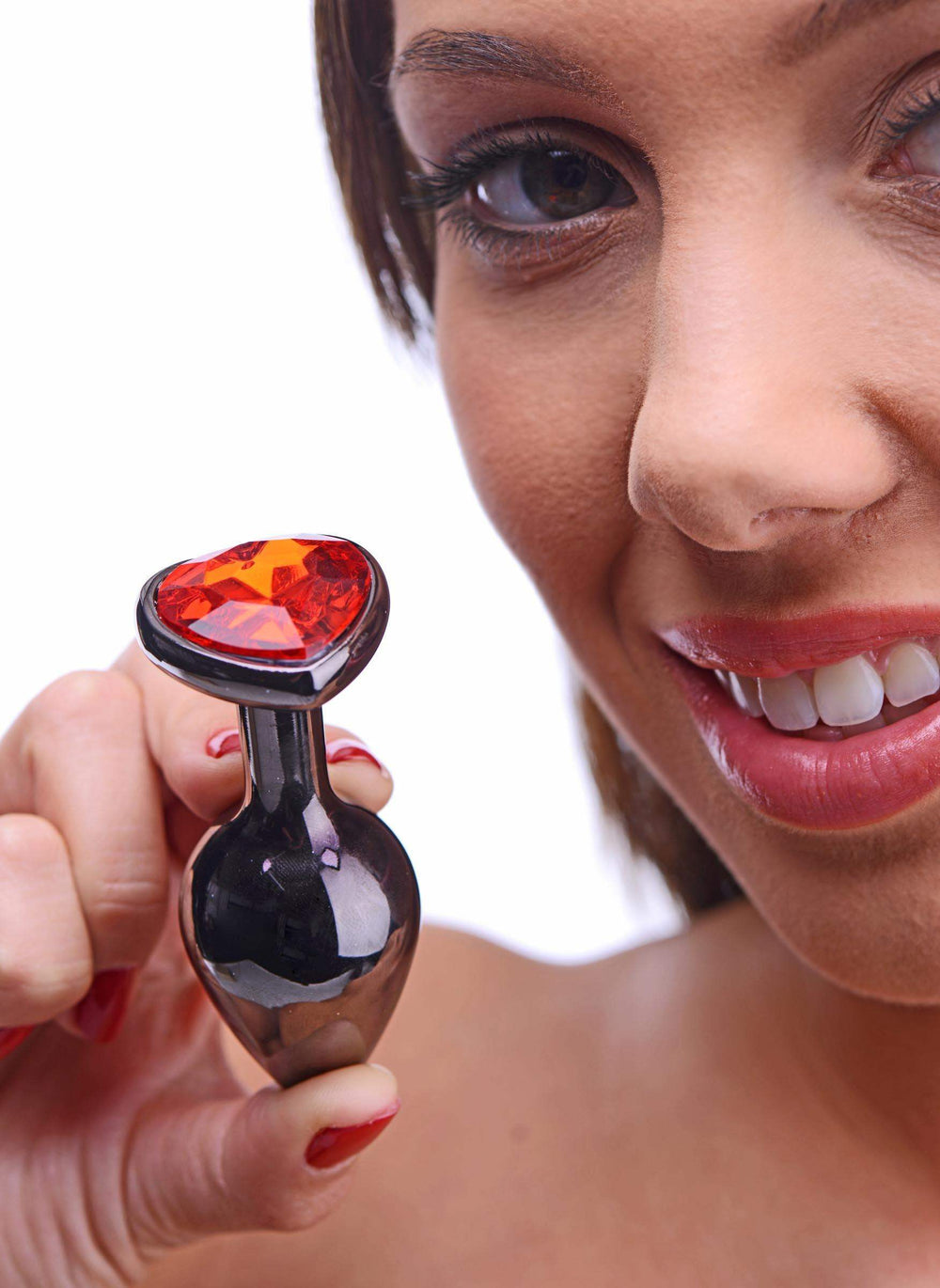
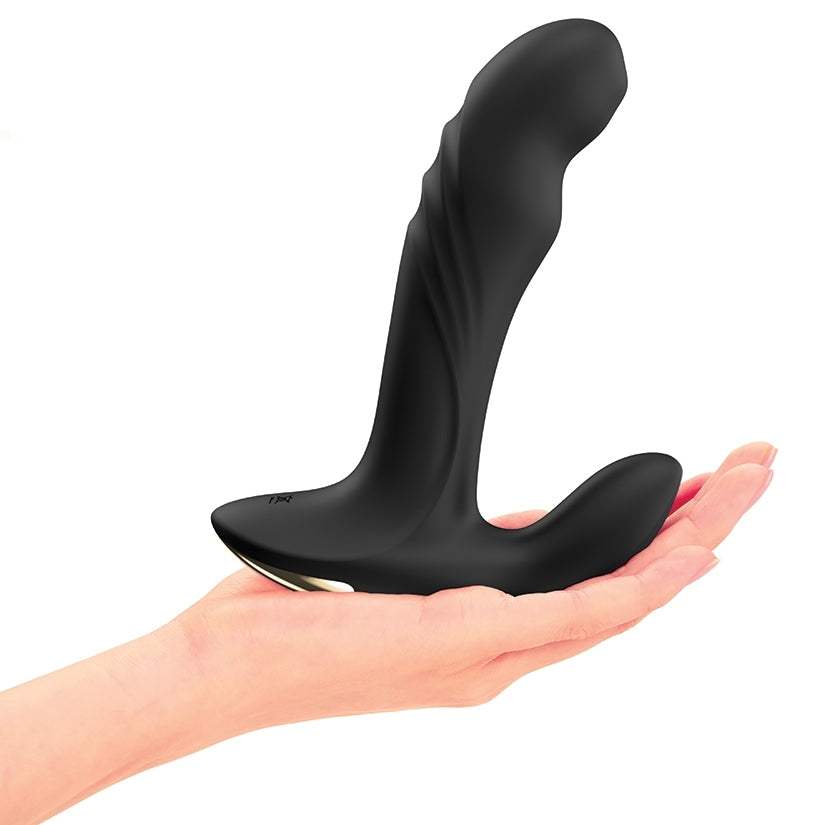
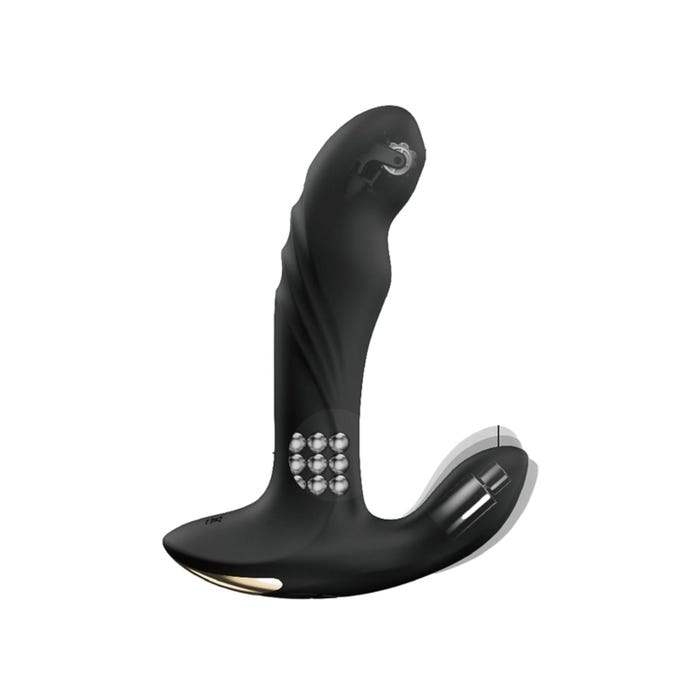


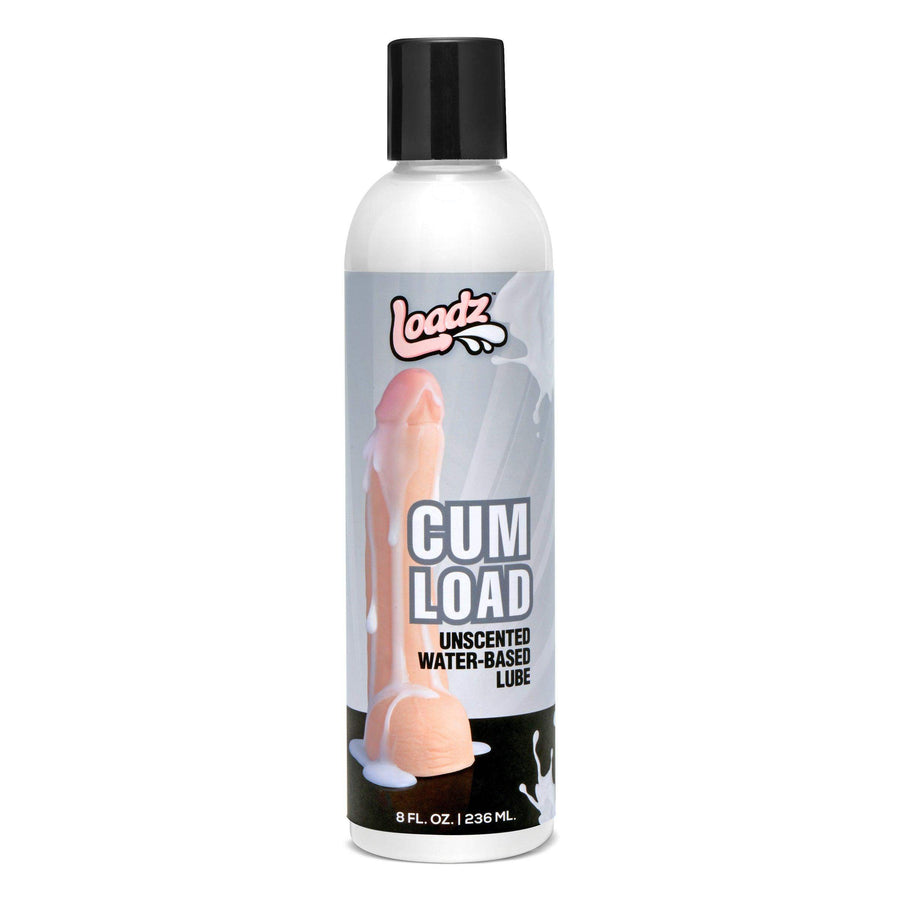

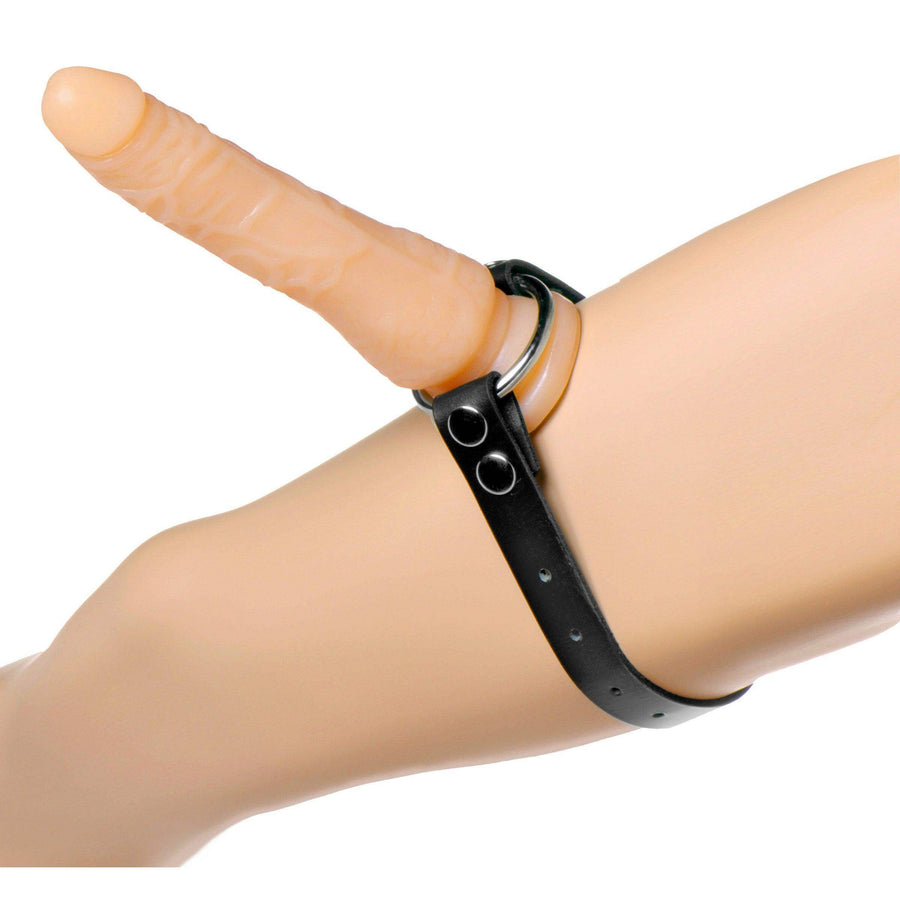
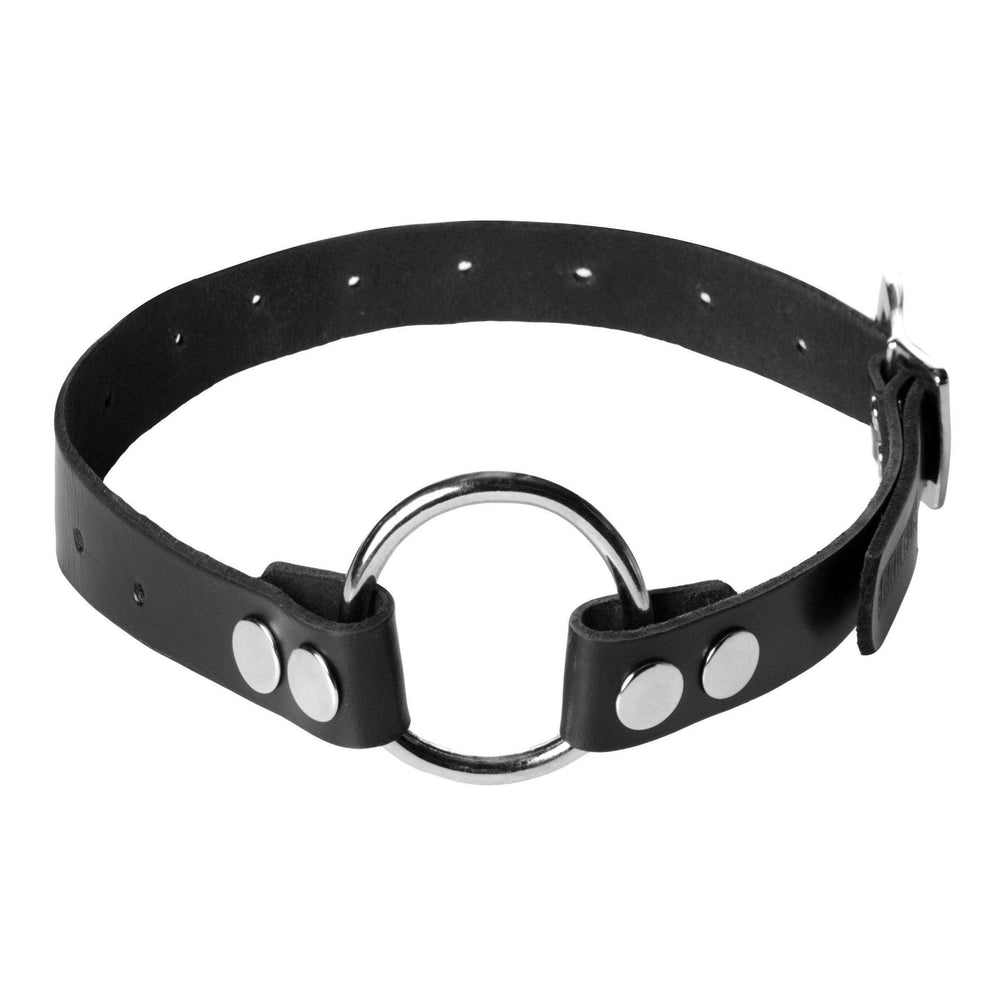
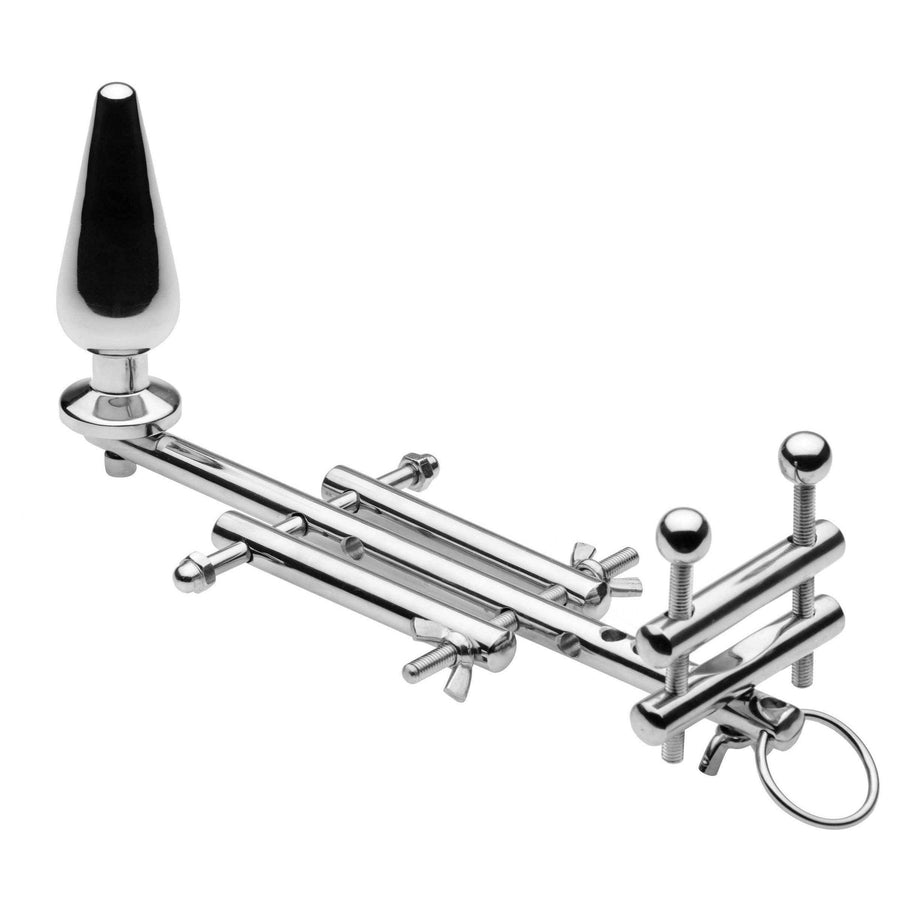
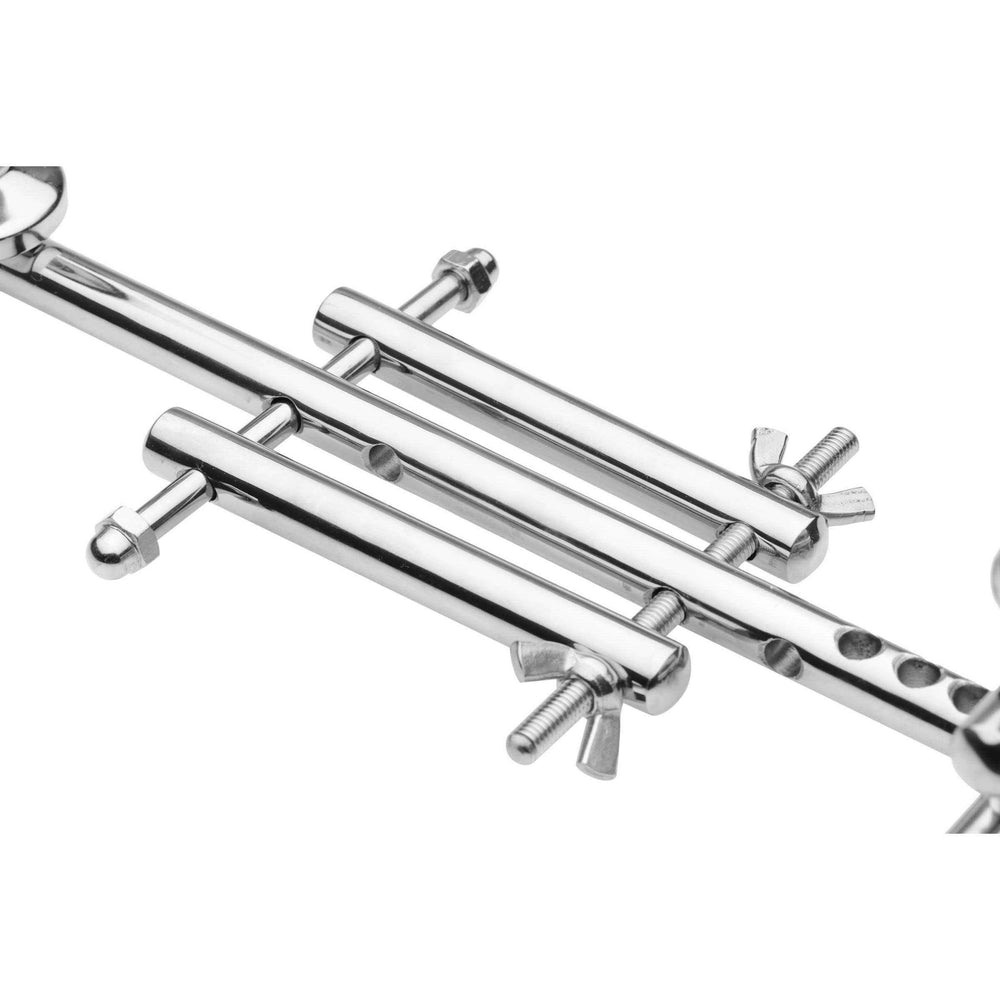


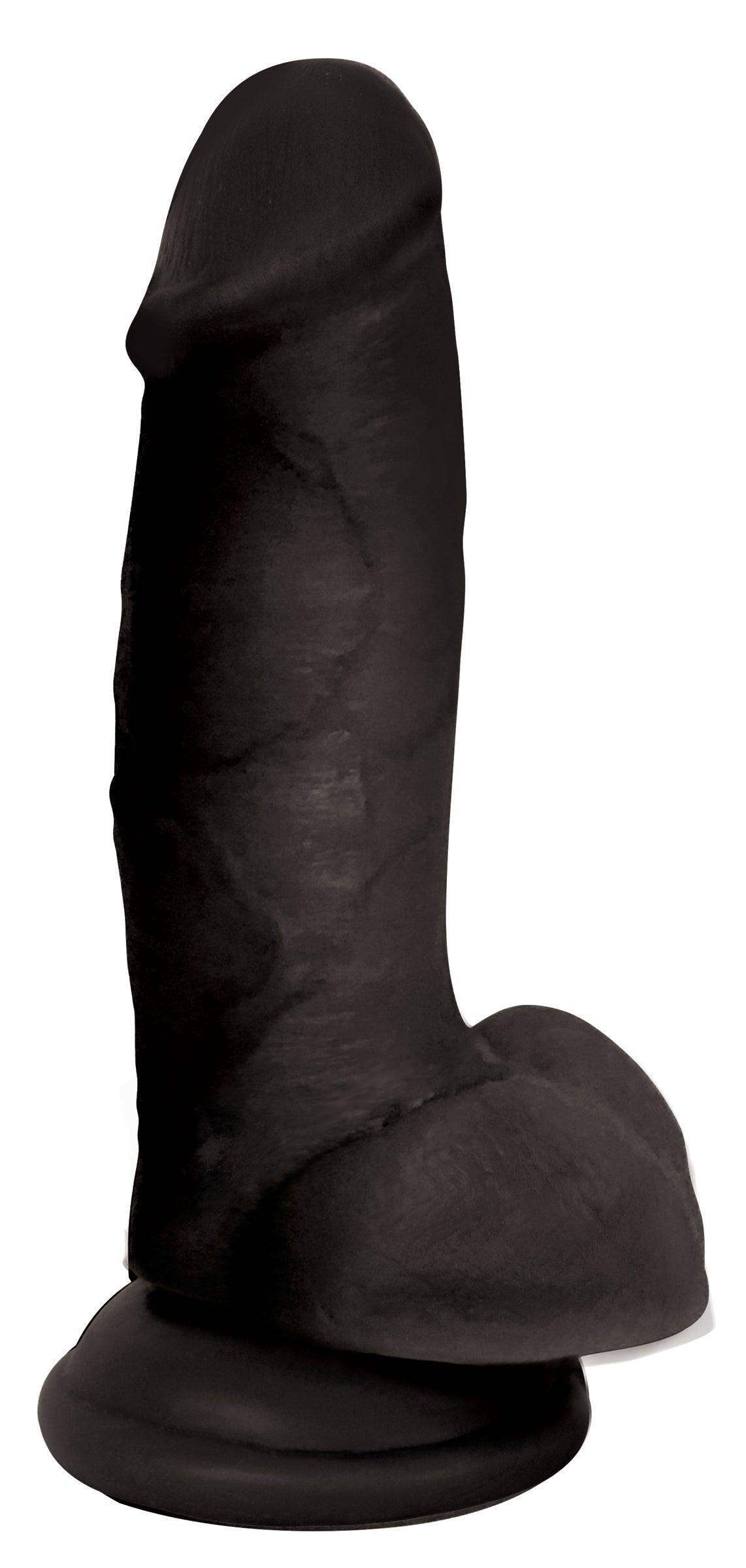









Leave a comment